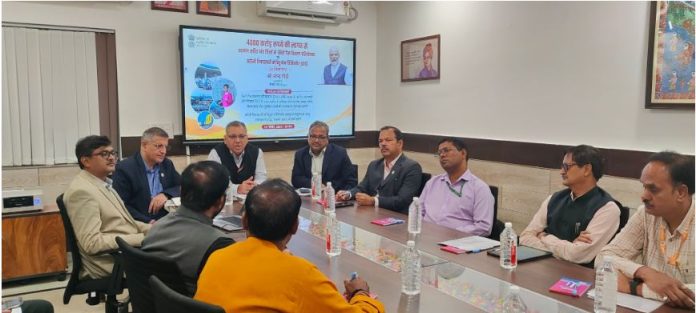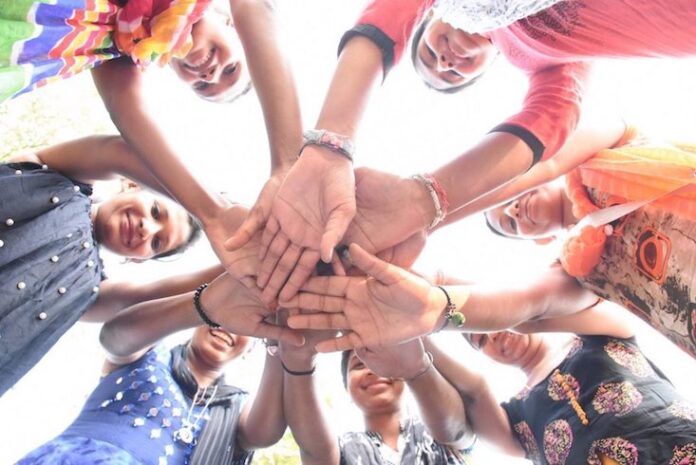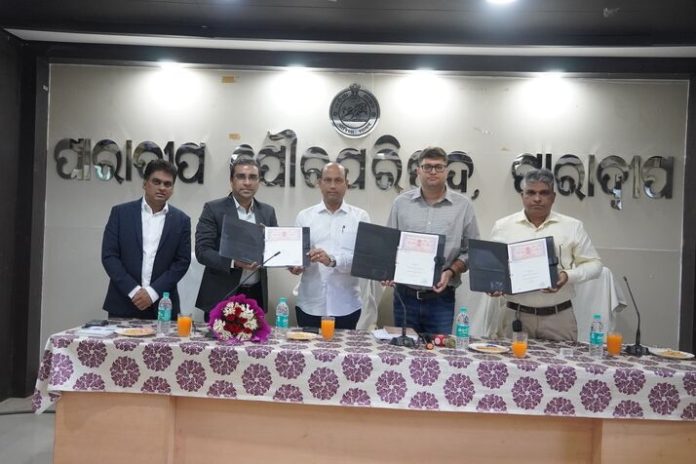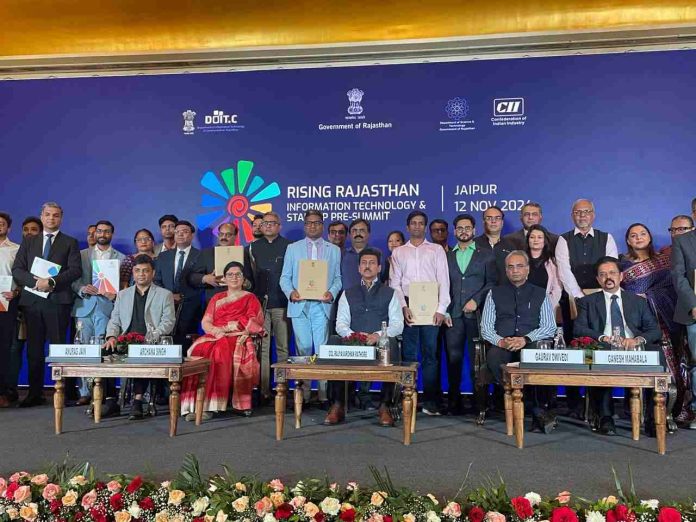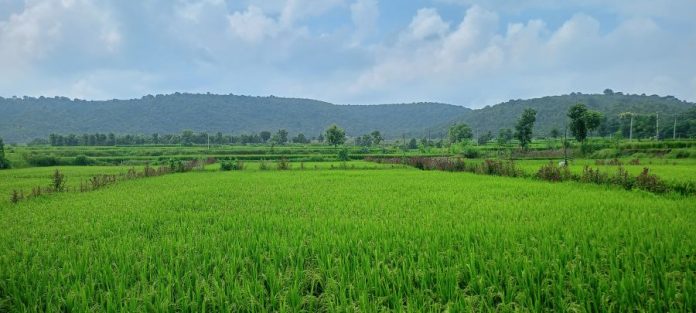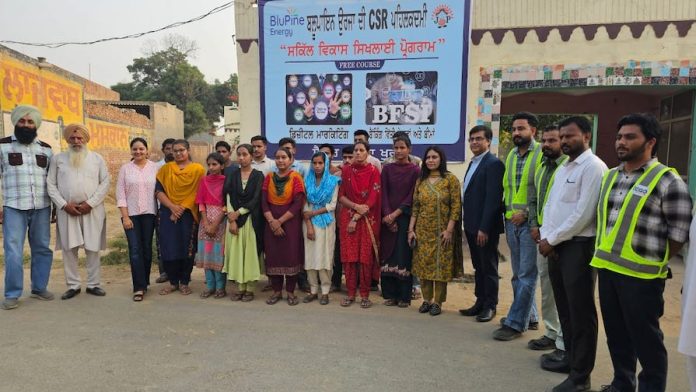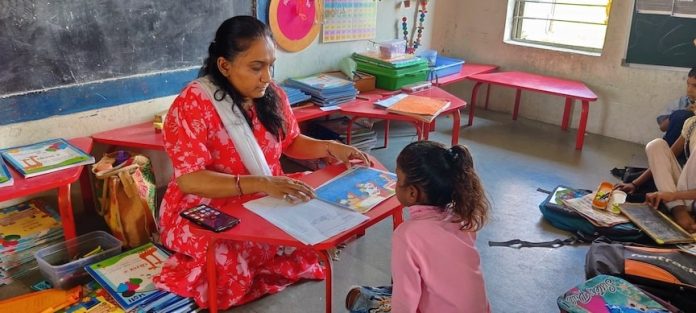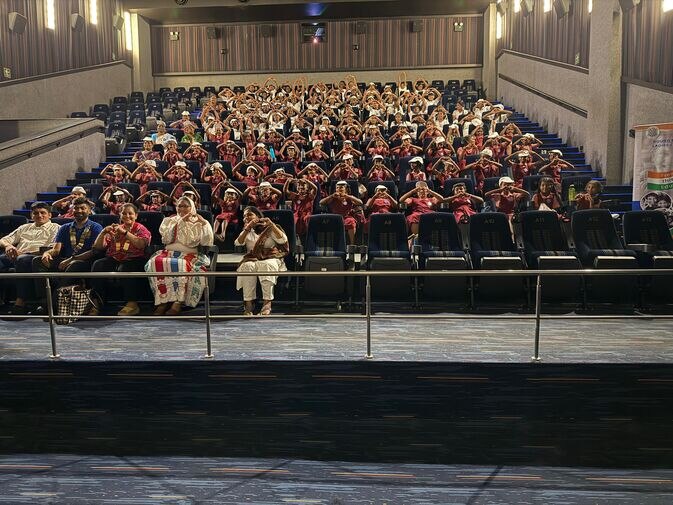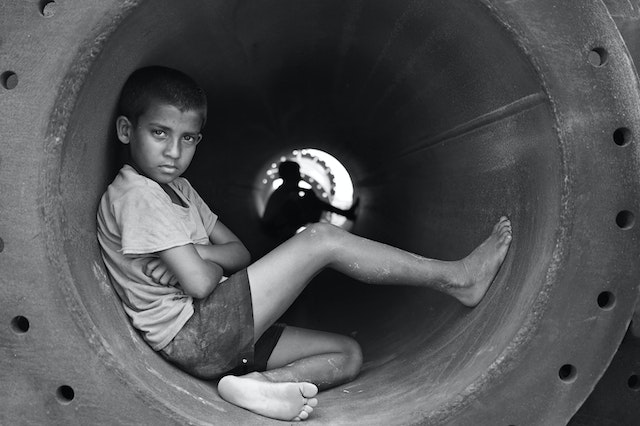Non Zero, a multi-disciplinary firm based out of New Delhi and Mumbai, proudly commemorates its extraordinary journey, having reached a remarkable annual revenue milestone of 20 crores within just four years of inception. This achievement highlights its evolution into a global firm for design and innovation.
Founded by university friends Non Zero was envisioned to dismantle traditional barriers in the design landscape,and cater to and solve problems in industries like automotive, consumer appliance, CPG, SaaS, Banking etc. The founders believe deeply in the principle of non-zero-sum outcomes, which has been instrumental in driving the company’s growth and success.
In the next stage of the firm’s journey, they aim to double down their services to niche industries and at the same time build their own proprietary properties like the design learning program Laneshifters, their own SaaS PanOut and a bunch of their own IPs like Natural Form, Yukatan, GetSleep, Ops, Moric, NotForTheFaint, Factors, RebornGoods etc.
Aman and Deep, Founders at Non Zero said, “In retrospect we have just begun scratching the surface. It took us 4 years of experimentation, building the right team & being frugal with our savings to bring Non Zero to where it is today. The future is bright, India to the Globe!”
From Vision to Reality: What began as an ambitious idea has blossomed into a dynamic space with a core team of 65 professionals. Non Zero’s scalable model enables it to expand to over 100 + members through strategic partnerships and collaborations.
Cultivating Talent: With a mean age of 26, the team is a blend of youthful innovation and seasoned expertise. This includes 10 members with over seven years of experience in various design and strategic roles, alongside 8 self-taught designers originally from other diverse backgrounds, enriching the creative process.
Diverse Expertise: Non Zero’s journey has been marked by a commitment to addressing a wide range of design challenges. Core competencies include Sales, Go-To-Market Strategy, Brand Development, UX/UI Design, No Code Development, Concept Art, Illustration, Motion Graphics, and more. The company looks at designing as a holistic vertical and provides end to end solutions. The clientele includes-Whirlpool , Spotify, Bajaj Finserv, Mahindra, Birla Estates, McKinsey, TATA Motors , Tales of Telugu, Good Business Lab, Abu Dhabi Government to name a few.
As Non Zero looks to the future, it remains steadfast in its dedication to new discoveries and collaboration. The founders aim to expand the space’s impact, embrace new challenges, and continuously adapt to the evolving global market. By merging design with strategic thinking, Non Zero creates an environment where collaboration leads to meaningful results and sustained growth.
Disclaimer: This media release is auto-generated. The CSR Journal is not responsible for the content.



